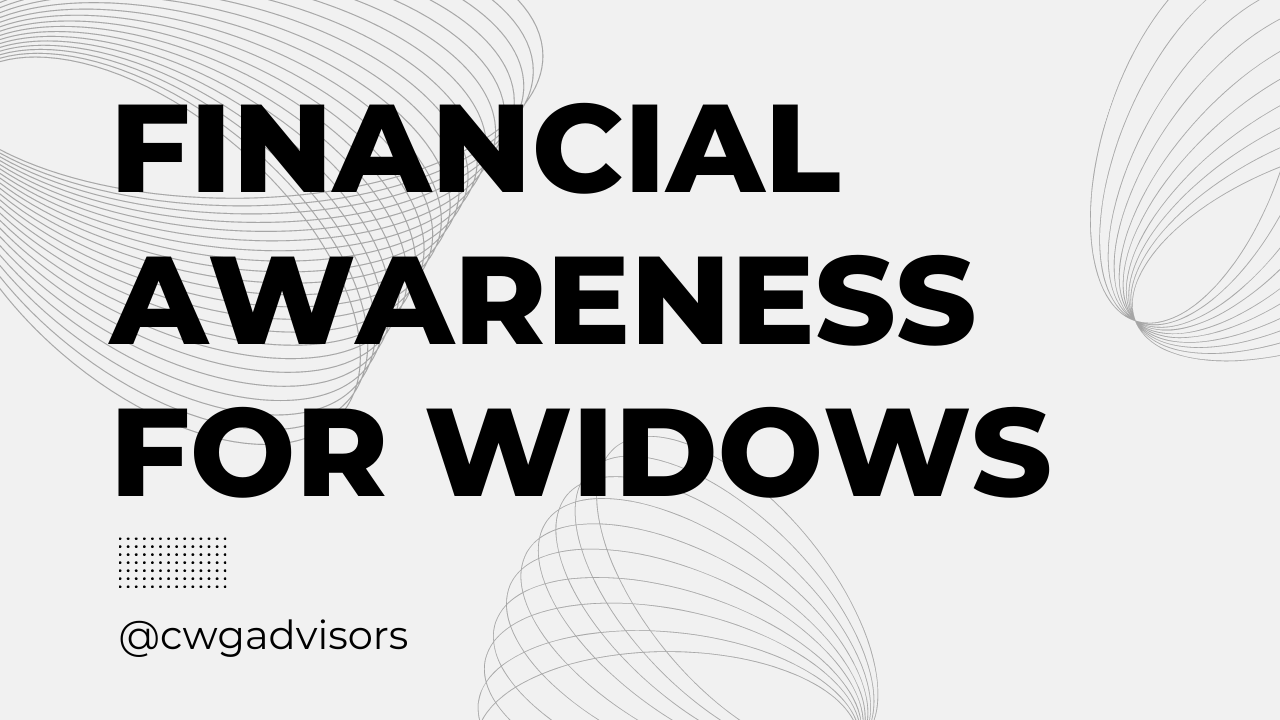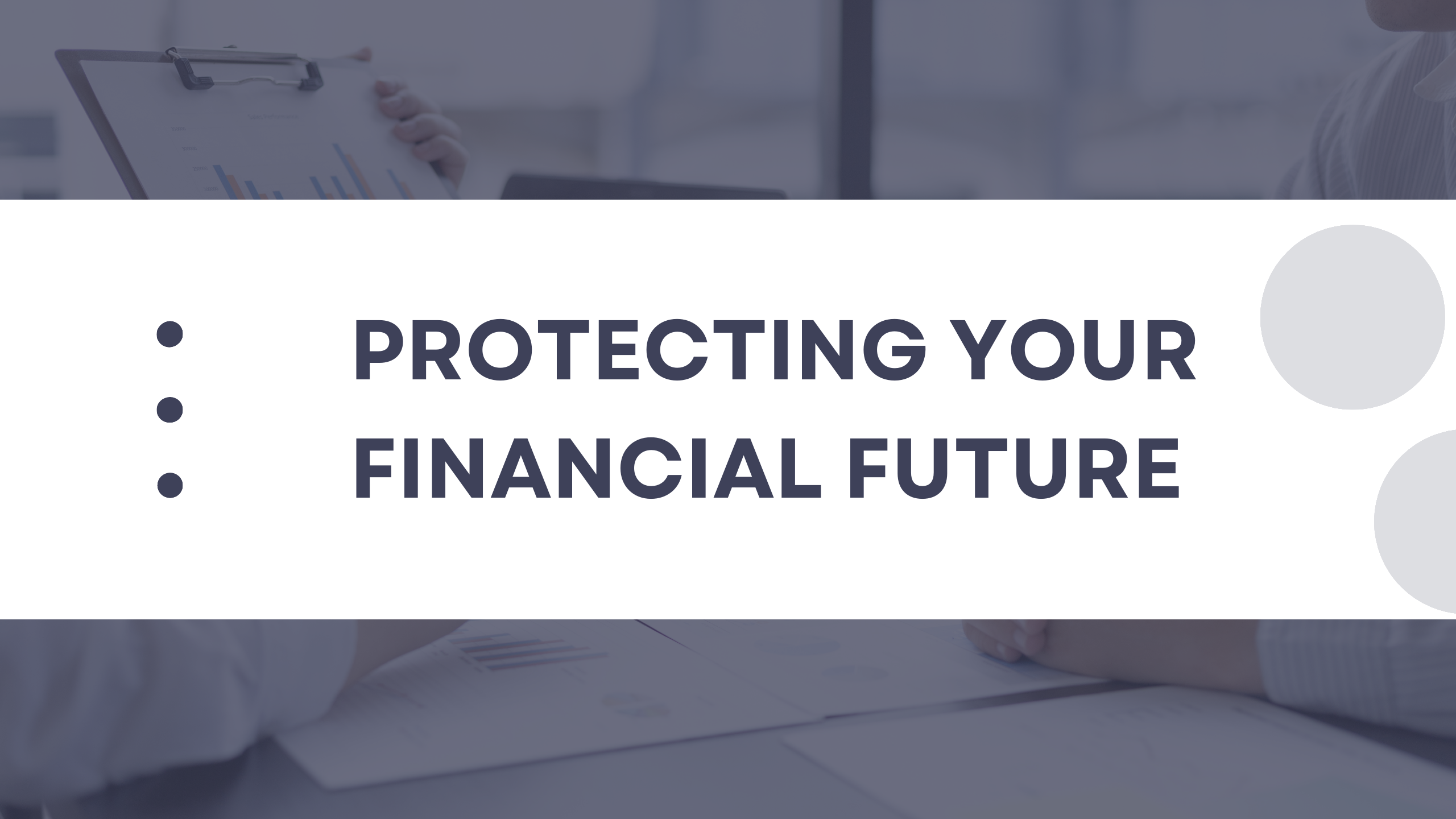Navigating the Maze of Student Loan Repayment: Tips and Strategies
- Blog
- Navigating the Maze of Student Loan Repayment: Tips and Strategies

Navigating the Maze of Student Loan Repayment: Tips and Strategies
- By Cornerstone Wealth
- October 16, 2023
- 0
.png?width=1280&height=720&name=Navigating%20the%20Maze%20of%20Student%20Loan%20Repayment%20(1).png)
For many young adults, pursuing higher education is a significant milestone in life. It opens doors to opportunities, personal growth, and career advancement. However, the cost of education often comes with a heavy burden: student loans. As you embark on your post-graduation journey, it's crucial to understand the ins and outs of student loan repayment and explore effective strategies for managing this financial responsibility.
Understanding Your Student Loans
Before diving into repayment strategies, it's essential to have a clear understanding of your student loans. Here are some key aspects to consider:
1. Types of Loans: Student loans come in two primary categories: federal and private. Federal loans, provided by the government, generally offer more favorable terms, such as income-driven repayment plans and loan forgiveness options. Private loans, offered by banks and other financial institutions, may have higher interest rates and less flexible repayment terms.
2. Interest Rates: Interest rates can significantly impact the total amount you repay. Federal loans typically have fixed interest rates, while private loans may have variable rates. Make sure you know the interest rates on all your loans.
3. Grace Period: After graduation, there's typically a grace period before you must start repaying your loans. The length of this grace period can vary, so be sure to check the terms of your loans.
4. Loan Servicer: Your loan servicer is the organization responsible for managing your loan account and collecting payments. Be aware of who your loan servicer is and how to contact them.
Repayment Options
Now that you understand your student loans, let's explore some repayment options and strategies to help you manage your debt effectively.
1. Standard Repayment Plan: This is the default plan for federal loans. It involves fixed monthly payments over a set period (usually 10 years). While it may result in higher monthly payments, it's an excellent option if you can afford it because it minimizes the total interest paid.
2. Income-Driven Repayment Plans: These plans adjust your monthly payments based on your income and family size. Popular options include Income-Based Repayment (IBR), Pay As You Earn (PAYE), and Revised Pay As You Earn (REPAYE). These plans can be a lifeline if your monthly payments under the standard plan are unaffordable.
3. Public Service Loan Forgiveness (PSLF): If you work in a qualifying public service job and make 120 monthly payments under an income-driven plan, you may be eligible for loan forgiveness through PSLF.
4. Refinancing: If you have private loans or want to consolidate federal loans, refinancing can be an option. It involves obtaining a new loan with a lower interest rate, potentially reducing your monthly payments.
5. Budgeting and Extra Payments: Create a budget to allocate a portion of your income toward loan repayment. If you can, make extra payments to reduce the principal balance faster and save on interest.
6. Loan Forgiveness Programs: Some professions, like teaching, nursing, or working in underserved areas, offer loan forgiveness programs as an incentive to join the field. Explore these opportunities if they align with your career goals.
Tips for Successful Loan Repayment
Managing your student loans requires discipline and strategic planning. Here are some tips to help you succeed:
1. Create a Budget: Track your income and expenses to ensure you can comfortably meet your monthly payments.
2. Automate Payments: Setting up automatic payments can help you avoid late fees and ensure you never miss a payment.
3. Communicate with Your Loan Servicer: If you encounter financial difficulties, don't hesitate to contact your loan servicer. They can provide guidance and explore alternative repayment options.
4. Avoid Default: Defaulting on your loans can have severe consequences, including damage to your credit score and wage garnishment. Stay informed and proactive about your repayment.
5. Keep Records: Maintain records of all loan-related documents, payment receipts, and communication with your loan servicer for future reference.
6. Celebrate Milestones: Acknowledge your progress by celebrating milestones, such as paying off a certain percentage of your loan or reaching a specific financial goal.
Student loan repayment may seem daunting, but with a clear understanding of your loans and the right strategies in place, you can manage your debt responsibly. Remember that everyone's financial situation is unique, so it's essential to tailor your repayment plan to your specific needs and goals. By staying informed and committed, you can successfully navigate the path to becoming debt-free and achieve your financial aspirations.
This is for informational purposes only, and does not serve as personal advice. Investment advisory services offered through Cornerstone Wealth Group, LLC dba Cornerstone Wealth, an SEC registered investment adviser.
Protecting Your Future: The Significance of Life Insurance and the Role of a Fiduciary Advisor
Financial Awareness For Widows - Struggling through the Fog of Grief
The Importance of Long Term Care Insurance: Protecting Your Financial Future
Contact Info
- Phone:704-987-3410
- Email: info@cwgadvisors.com
Web: cwgadvisors.com








